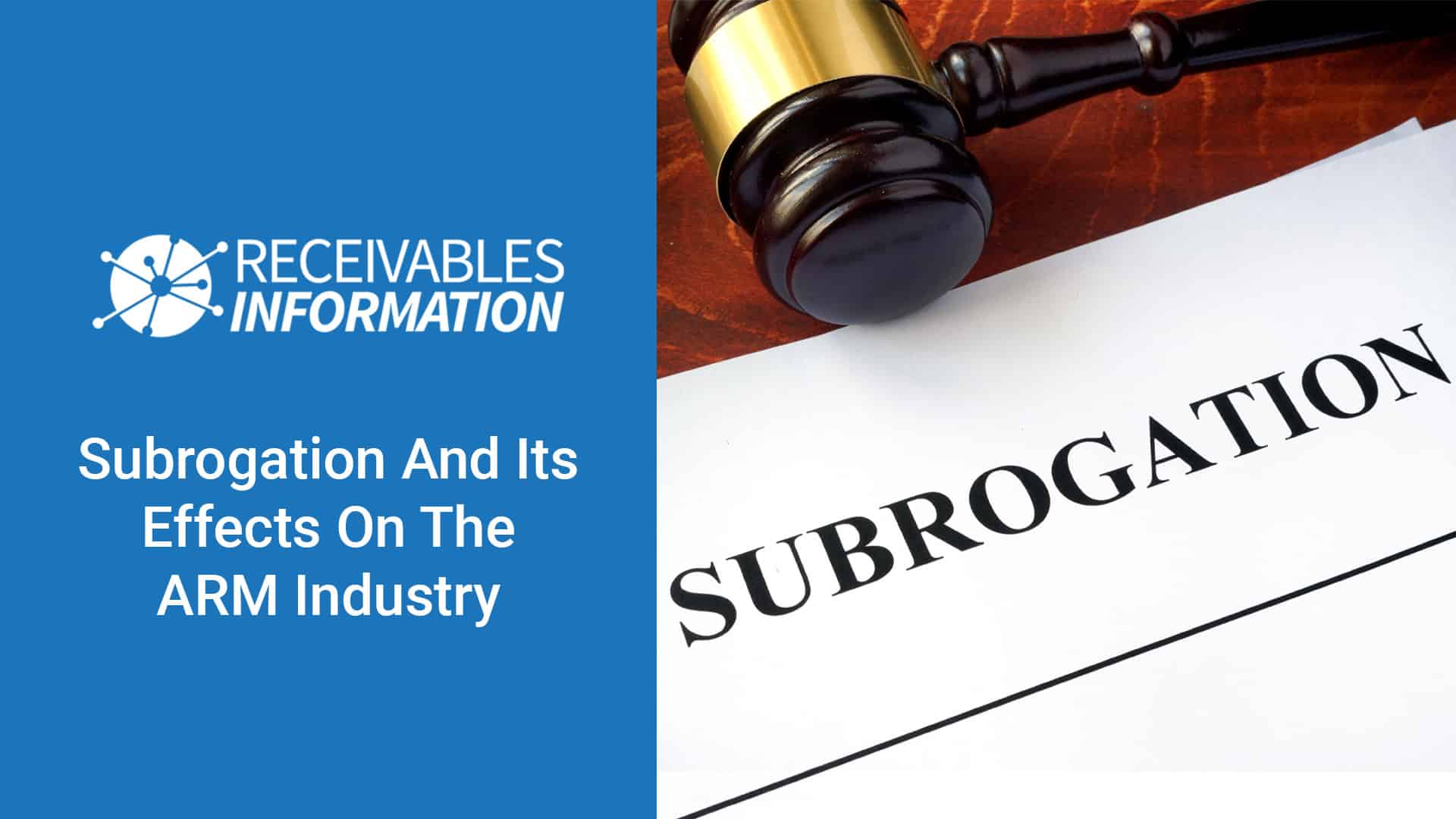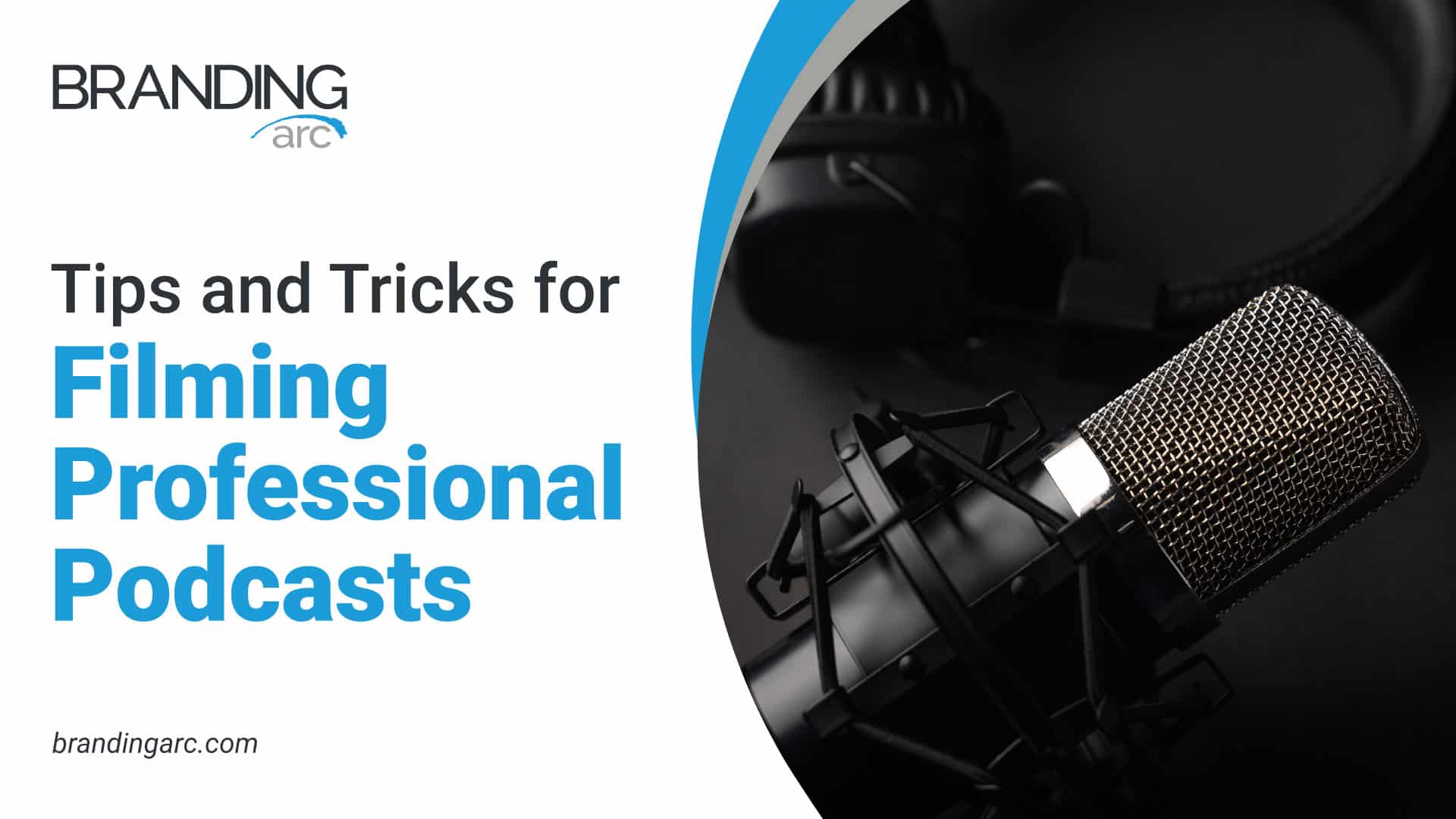
Subrogation And Its Effects On The ARM Industry
Subrogation, or as it literally means to stand in place of another, is one of the most specialized forms of collection within the accounts receivables management (ARM) industry. In this article, we will provide a birds-eye-view of subrogation and what it means.
What Does Subrogation Mean?
In layman terms, subrogation most typically refers to an insurance company acting on your behalf to collect a debt. Subrogation is commonly used in this example: You get into a car accident. Your insurance company immediately pays you for treatment following the accident, as well as paying for repairs to your vehicle. After this process is over, the insurance company may subrogate – or pursue the person who caused the accident to recover the cost of the damages.
While subrogation is most common within the auto industry, as at-fault accidents are more clearly defined in this insurance space than anywhere else, subrogation may occur in almost every form of insured industry ranging from construction accidents to health care violations.
How Does Subrogation Impact Victims?
Subrogation is a passive act for the victim. Because subrogation allows your insurance company to act on your behalf, once the process begins it usually boils down to two insurance companies mediating and coming to an agreement on who was at fault, and what payment should be made.
Once the subrogation begins, it is very important that you stay available for questions and remain in constant communication with your insurance company. As mistakes can be made with starting the subrogation process too late, costs of accidents will usually be passed down to the insured rather than to the at-fault party should subrogation not occur.
The most common way subrogation would be halted would be from a waiver of subrogation.
What Is A Waiver of Subrogation?
A waiver of subrogation means the right for your insurance company to step into your shoes has been denied. This usually occurs when a waiver is signed by both insured parties that either a settlement was reached outside of the insurance companies’ control, or if a waiver was signed as part of the contract between two parties prior to an accident.
When Do Waivers of Subrogation Occur?
Returning to the auto industry example – waivers of subrogation could be used if the two parties wish to settle without insurance companies. For some, settling is quicker than claims processing and some policies view accidents as a means to raise premiums or terminate the policy entirely. Settling and signing a waiver before insurance gets involved could prevent the negative activity from being recorded.
However, this is atypical and companies like AARP highly recommend speaking with your insurance company before signing a waiver as some do not allow waivers to be signed should you wish to remain insured.
The more common waivers are found in the construction industry and on tenant contracts. In construction, waivers are typically signed so that the owner does not bog down the construction process should an accident occur. If all subrogation is waived, and the owner pays a premium to his or her insurance company to cover any fault, then no investigations would occur to compromise the integrity of a project.
In the landlord space, a waiver could be signed by the lessee to avoid litigation against the landlord should a problem arise. Usually, a tenant would then go through his or her renter’s insurance policy which may come with an extra premium if subrogation is waived.
State Policy Overriding A Waiver
New York, along with Arizona, Arkansas, California, Georgia, Kansas, Kentucky, Louisiana, Missouri, Nebraska, Nevada, New Hampshire, New Jersey, North Dakota, and Oklahoma, are a group of 15 states that have adopted something called Article 7 of the Uniform Commercial Code.
Essentially, the article is a series of precedents that can override the waiver and allow subrogation claims to be brought. While these remain few and far between, it reinforces the belief that should a waiver of subrogation be requested, you should immediately contact your insurance company and double check that waivers are either allowed or enforceable.
What If You’re Partially At Fault?
All examples in this article thus far have been assuming you would not be at fault for the accident. Should you be partially responsible, some insurance companies – such as Allstate – recommend paying your deductible and allowing the subrogation process to play out. When fault is determined, you may be eligible for some recuperation depending on the outcome.
For example, if you get into an accident and it is determined through both insurance companies that you are 20% at fault, you would recoup 80% of your deductible payment. If you paid $1,000 for your deductible, you would be reimbursed $800 and be liable for the extra $200 as a determination of fault.
Learning More
To learn more about subrogation and the ARM industry as a whole, follow Receivables Info on Facebook , LinkedIn, and YouTube. Be sure to also check out our Money Chat series for more ways to stay financially literate while exploring the receivables landscape.
For more information specifically on subrogation, the best course of action would be to contact your insurance company directly to check their policies.
About Receivables Info
The Receivables Info team is led by receivables management industry veterans who created a website for the industry, by the industry. The website provides relevant news alerts, articles, videos, and other receivables-related information to industry partners and colleagues around the industry and the globe. Their goal is to provide a voice to an industry of high-quality debt buyers, collection agencies, and law firms to share information about their businesses and their place within the community. Receivables Info is also home to financial education resources for consumers through series like Money Chat.
The information contained in this article is meant to serve as general guidance for entry-level to mid-level ARM industry professionals and is not meant to serve as comprehensive business, legal, or financial advice.





